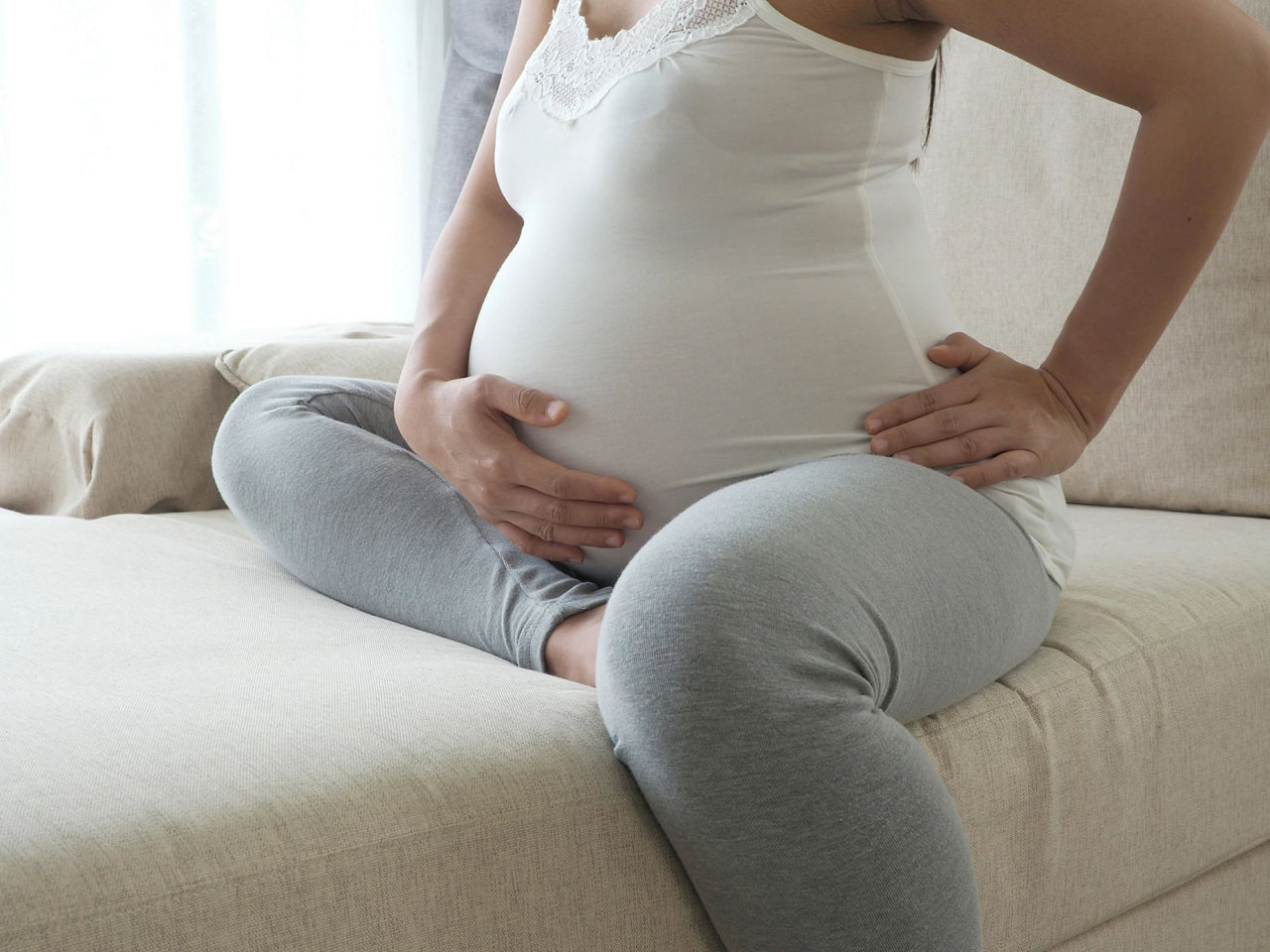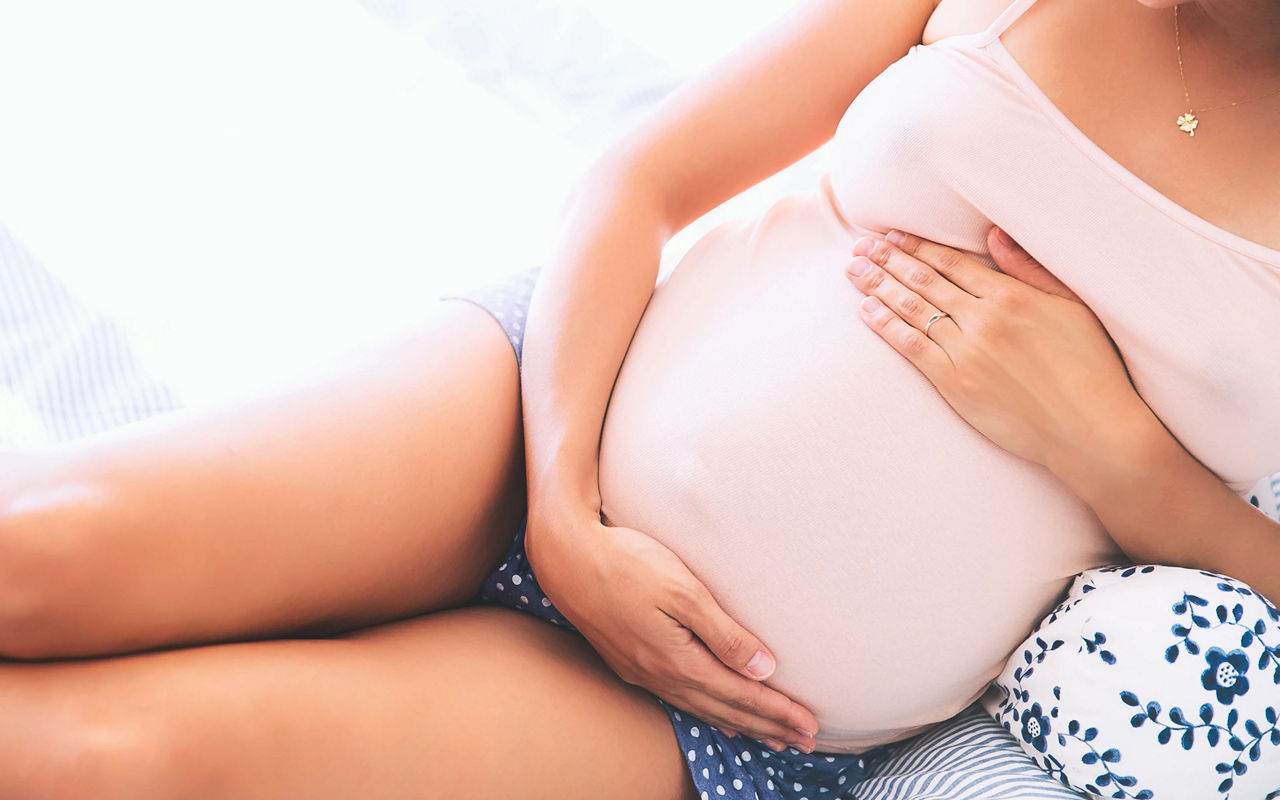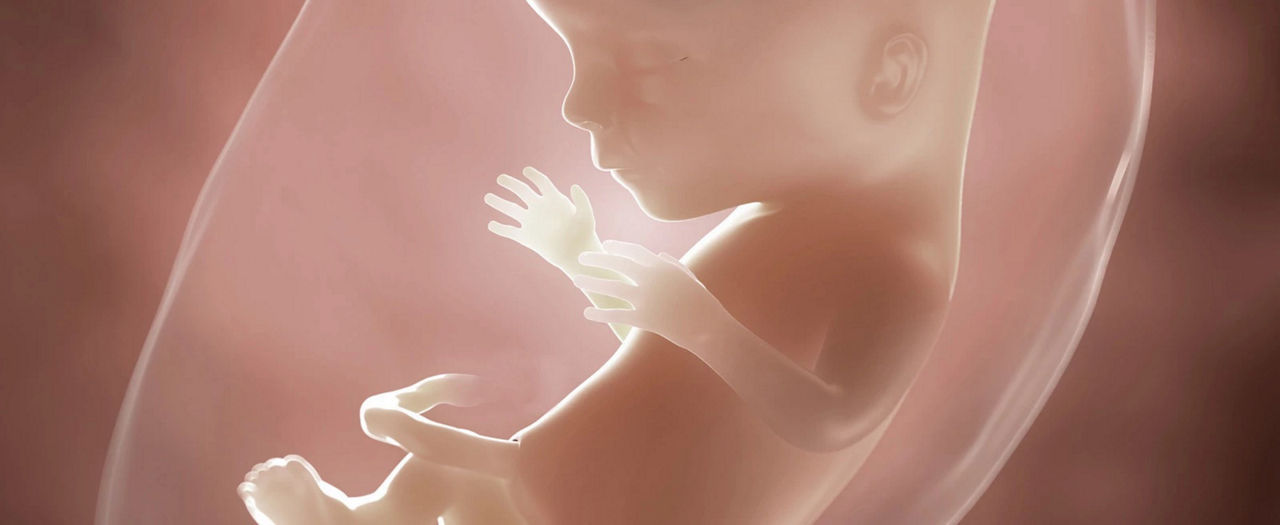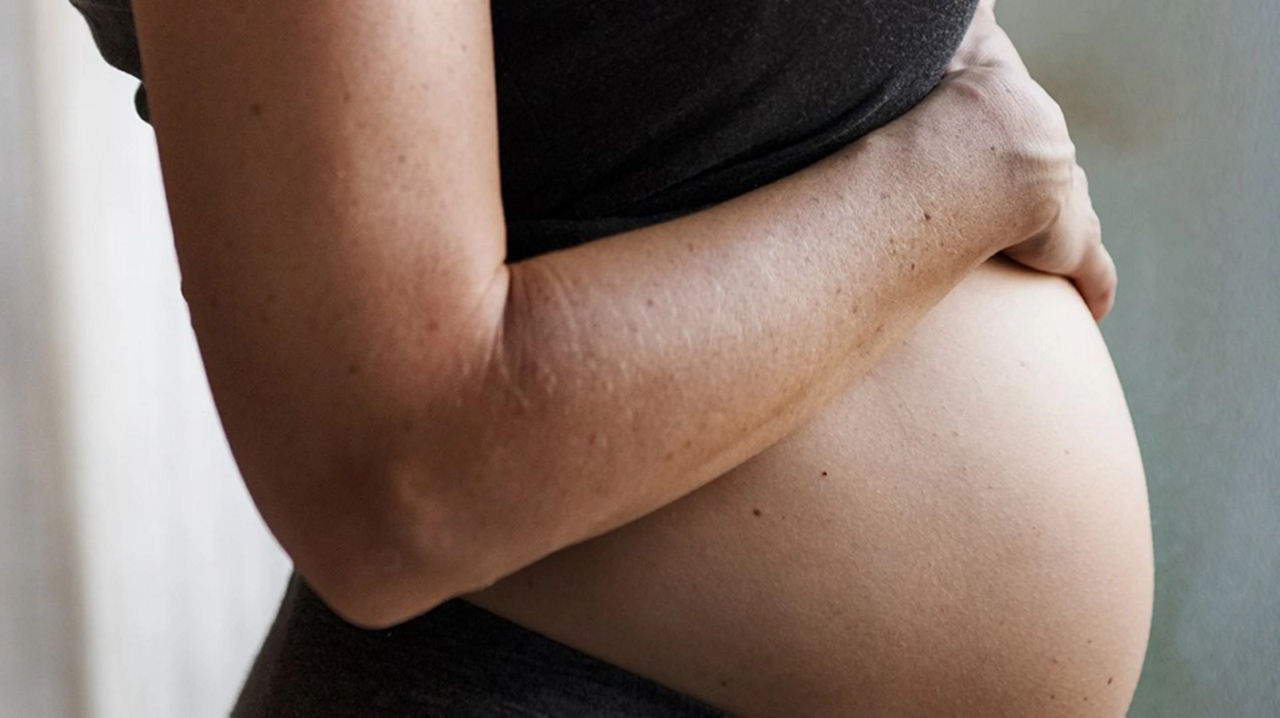If you’re keenly awaiting signs of your baby’s imminent arrival, you may be surprised to learn that many women don’t realize they’re in labour straight away. Believe it or not, it can be hard to determine if you’re really in labour during the early stages, or whether it’s a false alarm.
Read on to learn more about the common signs of early labour, how long early labour lasts and what to do if you think you’re in labour.








